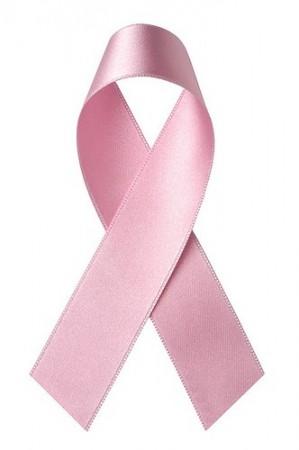
Researchers have developed a new drug to treat an aggressive form of breast cancer. Professor Robert Baxter and his team from the Kolling Institute of Medical Research in Sydney, Australia, announced that a combination of two drugs can help treat triple-negative breast cancer, better.
"We discovered that two drugs in combination might be an effective way to stop tumour growth," Prof Baxter, told Herald Sun.
Breast cancer cells testing negative for oestrogen receptors (ER), progesterone receptors (PR) and HER2 are termed as triple-negative breast cancer. It is not caused by hormones oestrogen or progesterone. So tamoxifen (hormonal therapy) or Herceptin (therapy that target HER2 receptors) are less effective in treating this type of cancer. According to breastcancer.org, around 10 to 20 percent of all breast cancers are triple-negative.
As the triple-negative breast cancer is one of the most difficult cases to treat, research has been going on to find a suitable treatment or factors that help prevent the deadly disease.
"The prognosis for people with triple-negative breast cancer is not good," Dr Libby Topp of Cancer Council NSW, which partly funds Dr Baxter's research, said. "The five-year survival rate is much lower than 89 per cent for breast cancer in general."
In December last year, a team of researchers from Fred Hutchinson Cancer Research Center reported in the journal Breast Cancer Research and Treatment, that delaying motherhood, i.e. giving birth 15 years after menarche (first menstrual bleeding) lowered risk of developing triple-negative breast cancer by 60 percent.
In the new study, the Australian researchers based their findings on the experiments conducted on mice, Herald Sun reported. "Our tests have shown the drugs to be extremely effective when used together," Prof Baxter said.
As a next step, they are preparing to check the effectiveness of the drug on humans. "We are now hoping to move on to further preclinical studies," he added.
Breast cancer is one of the leading causes of death among women across the globe. Previous studies have identified several factors like having a large breast size, working night shifts, undergoing fertility treatments at a young age, giving birth to large babies, alcohol consumption during teenage years and having multiple babies via IVF escalated the risks of women developing breast cancer.

















